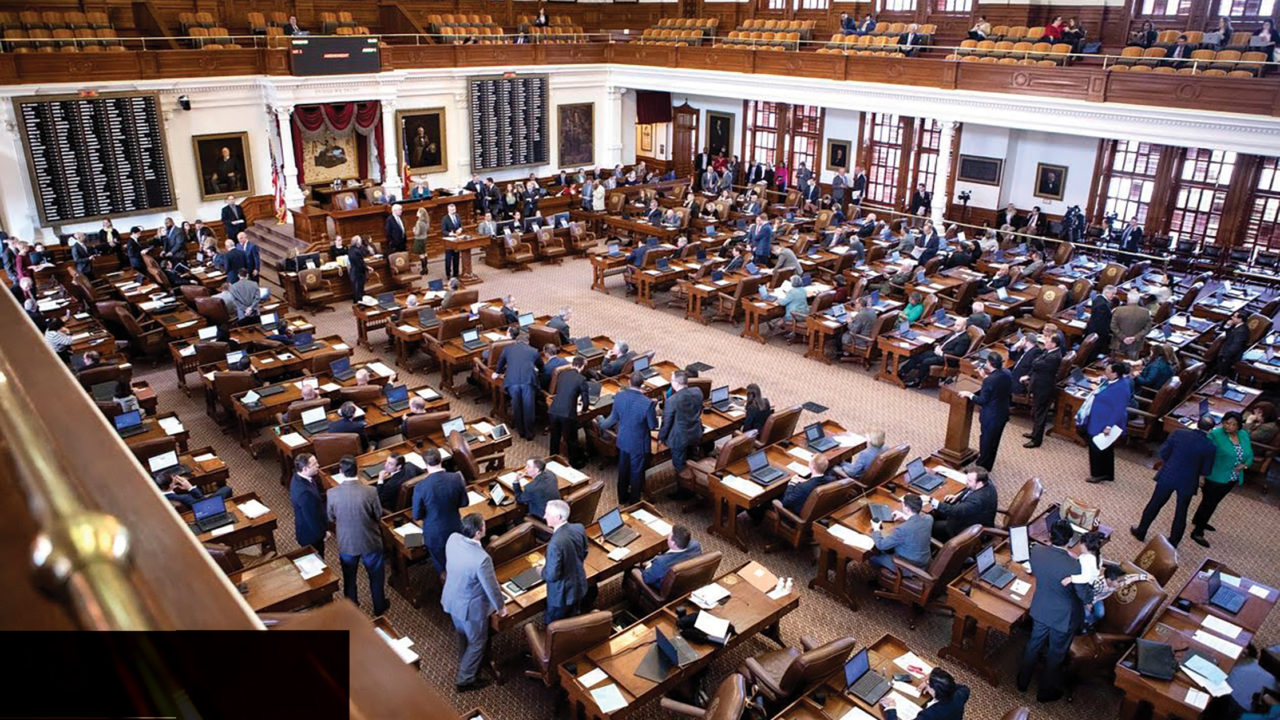HHS adopts final rules on health information interoperability and access
By Allison Shelton and Beth Anne Jackson, Brown & Fortunato, P.C. Amid the flurry of government actions, announcements, and other efforts to address the threat of COVID-19, the U.S. Department of Health and Human Services (HHS) released two final rules that will significantly impact the health care industry. On March 9, 2020, the HHS Office of the National Coordinator for Health Information Technology (ONC) and the Centers for Medicare and Medicaid Services (CMS) issued companion...











